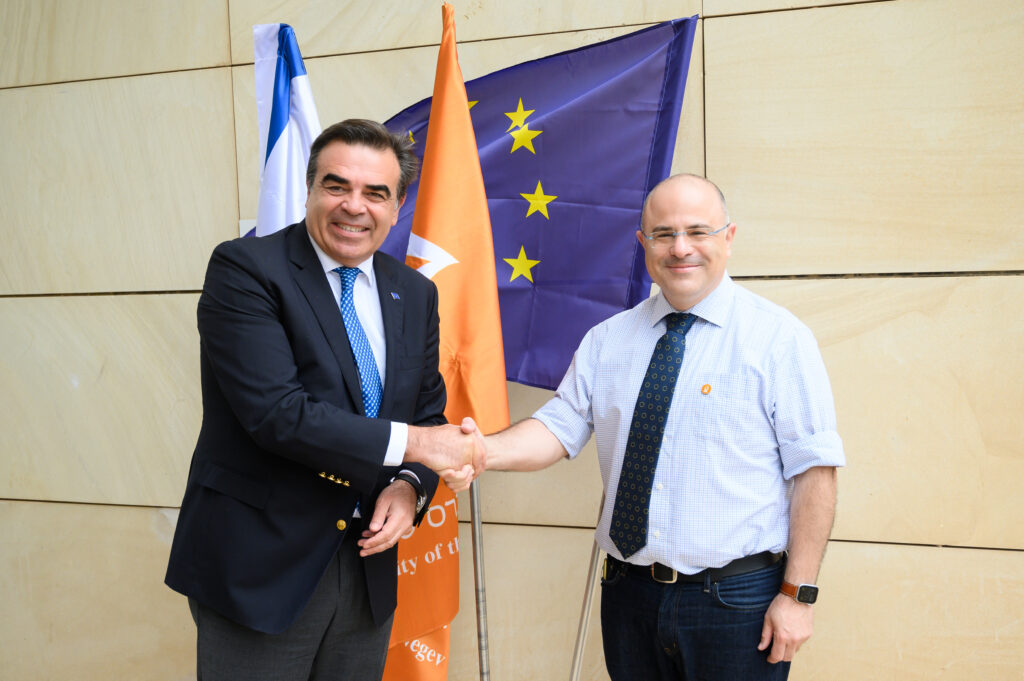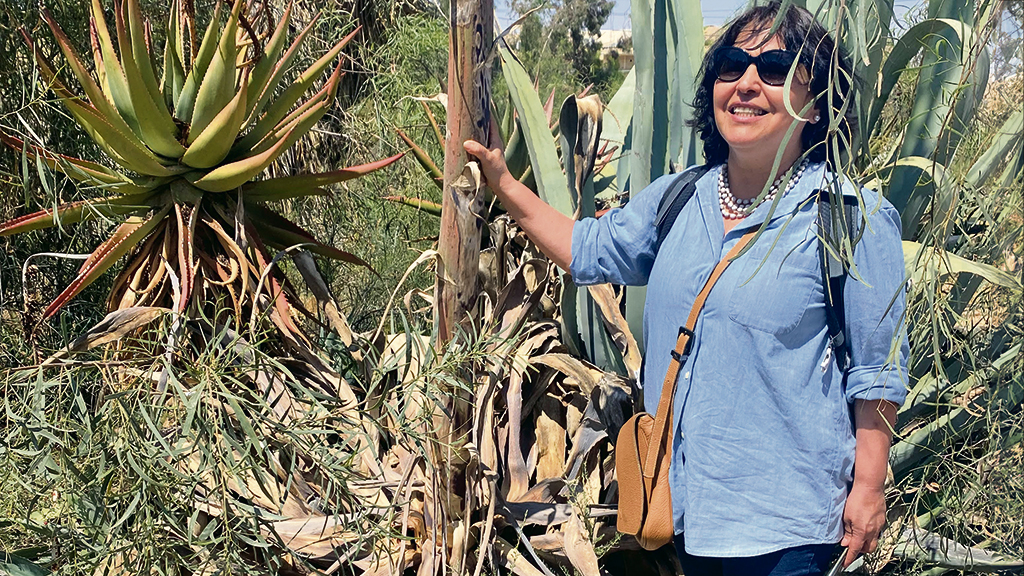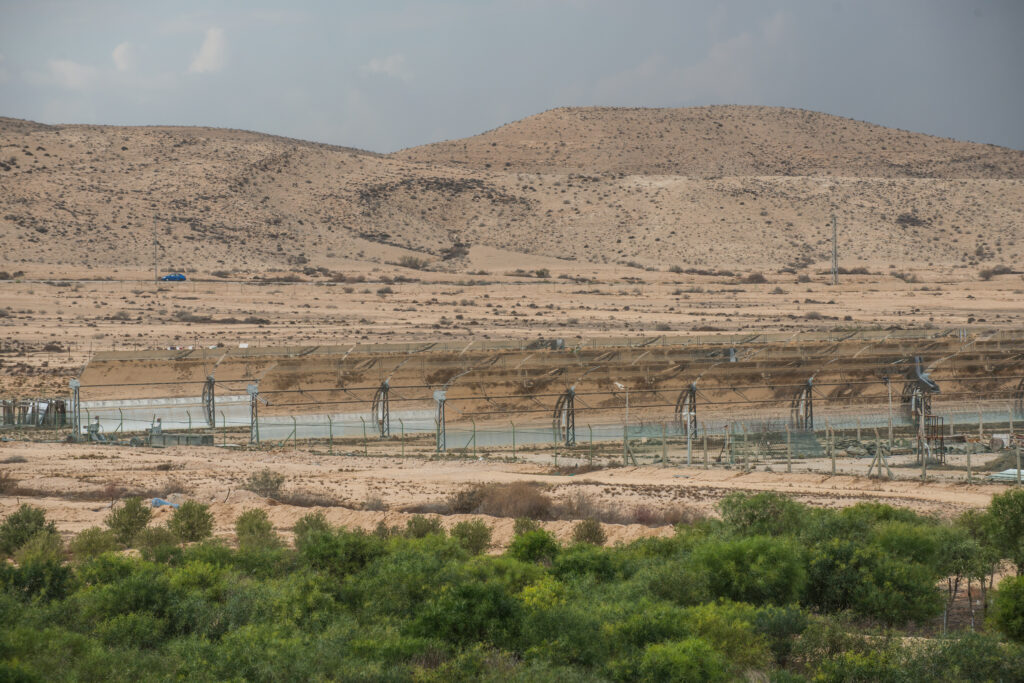
Attention Shabbat Shoppers!
April 18, 2012
Business & Management, Press Releases
BEER-SHEVA, Israel, April 18, 2012 – Israeli consumers, not the Knesset are likely to determine the future of shopping on the Sabbath, according to Ben-Gurion University of the Negev researchers in a new study published in the Politics and Religion journal.
“Both religious and secular communities use their power as consumers, albeit in different ways, to shape the public sphere,” according to Drs. Guy Ben-Porat and Omri Shamir of the Department of Public Policy and Administration in BGU’s Guilford Glazer Faculty of Business and Management. “The shift away from the formal political realm is a result of a deadlocked political system that is no longer able to regulate boundaries between the religious and secular realm.”
During the past 20 years, there has been increased consumer demand for mall and store owners to open on the Sabbath in spite of fines which pale in comparison to the potential profits, and some 30 malls are now open on the Sabbath.
Outrage among religious communities found little outlet in government action. In response, religious leaders have begun to leverage their communities’ ability to boycott stores that open on the Sabbath and frequent those that are not.
Strife between the secular and religious in Israel has been a factor since before the founding of the State. Many of the lifecycle functions were given over to religious institutions and parties’ control to ensure their support for the nascent state. One of those compromises was that businesses would be closed by law on Saturday, the Jewish Sabbath.
As Israel transitioned from a socialist to a capitalist country and adopted Western consumer values, secular store owners noticed a rising demand for shopping on the weekend as a leisure and family activity, creating lucrative new markets.
However, religious leaders have harnessed their communities’ abilities to stay committed to a cause over the long haul and have boycotted certain chains for being open on the Sabbath, with some success. The researchers site Shefa Shuk, a chain of supermarkets with 40 percent of its clientele in Orthodox communities, that was boycotted when the same owner opened his AM:PM convenience store chain on Shabbat and 24/7 in Tel Aviv. That boycott over 18 months has forced the stores in Haredi areas to close.
As the formal political system has failed to yield solutions, the matter has gone to the streets where the potential for profit squares off against commitment to preserve the ritual nature of the Sabbath. Ben-Porat and Shamir predict that the trend will only strengthen in the coming years.
ABOUT AMERICANS FOR BEN-GURION UNIVERSITY
By supporting a world-class academic institution that not only nurtures the Negev, but also shares its expertise locally and globally, Americans for Ben-Gurion University engages a community of Americans who are committed to improving the world. David Ben-Gurion envisioned that Israel’s future would be forged in the Negev. The cutting-edge research carried out at Ben-Gurion University drives that vision by sustaining a desert Silicon Valley, with the “Stanford of the Negev” at its center. The Americans for Ben-Gurion University movement supports a 21st century unifying vision for Israel by rallying around BGU’s remarkable work and role as an apolitical beacon of light in the Negev desert.
About Ben-Gurion University of the Negev
Ben-Gurion University of the Negev embraces the endless potential we have as individuals and as a commonality to adapt and to thrive in changing environments. Inspired by our location in the desert, we aim to discover, to create, and to develop solutions to dynamic challenges, to pose questions that have yet to be asked, and to push beyond the boundaries of the commonly accepted and possible.
We are proud to be a central force for inclusion, diversity and innovation in Israel, and we strive to extend the Negev’s potential and our entrepreneurial spirit throughout the world. For example, the multi-disciplinary School for Sustainability and Climate Change at BGU leverages over 50 years of expertise on living and thriving in the desert into scalable solutions for people everywhere.
BGU at a glance:
20,000 students | 800 senior faculty | 3 campuses | 6 faculties: humanities & social sciences, health sciences, engineering sciences, natural sciences, business & management, and desert research.
For all press inquiries, please contact:
James Fattal, J Cubed Communications
516.289.1496



